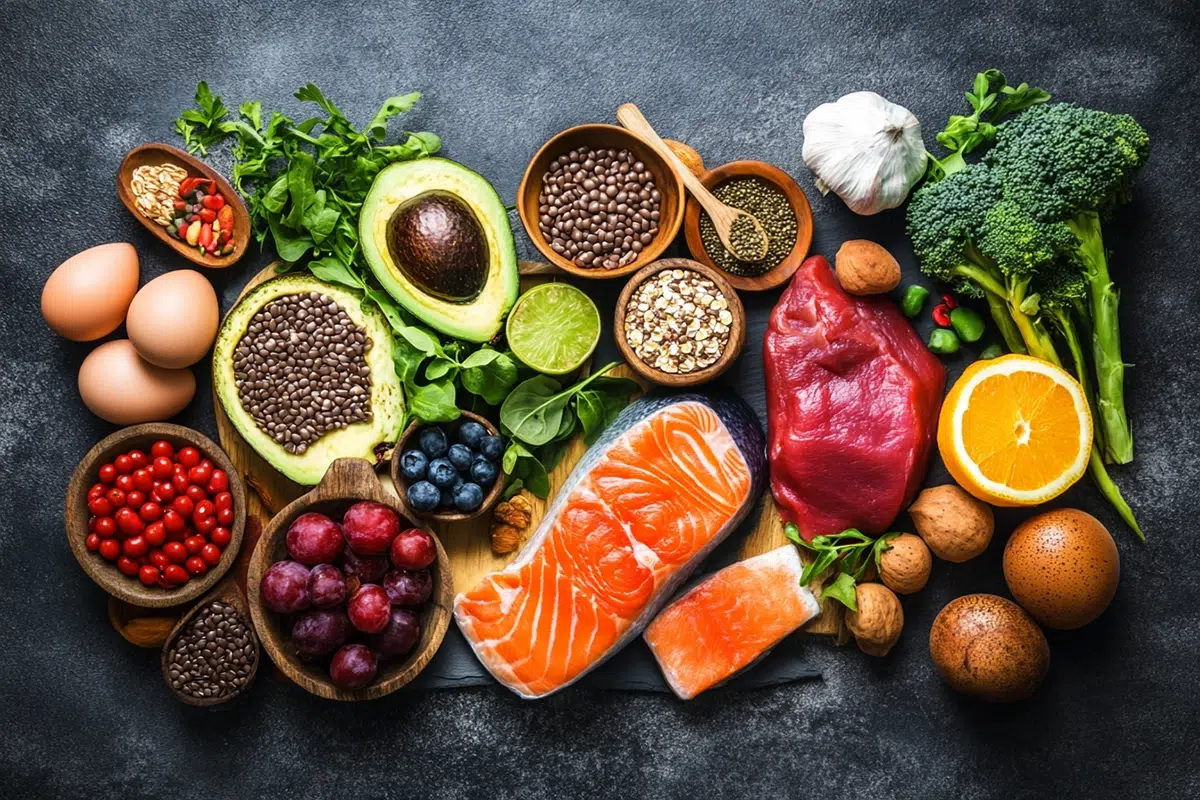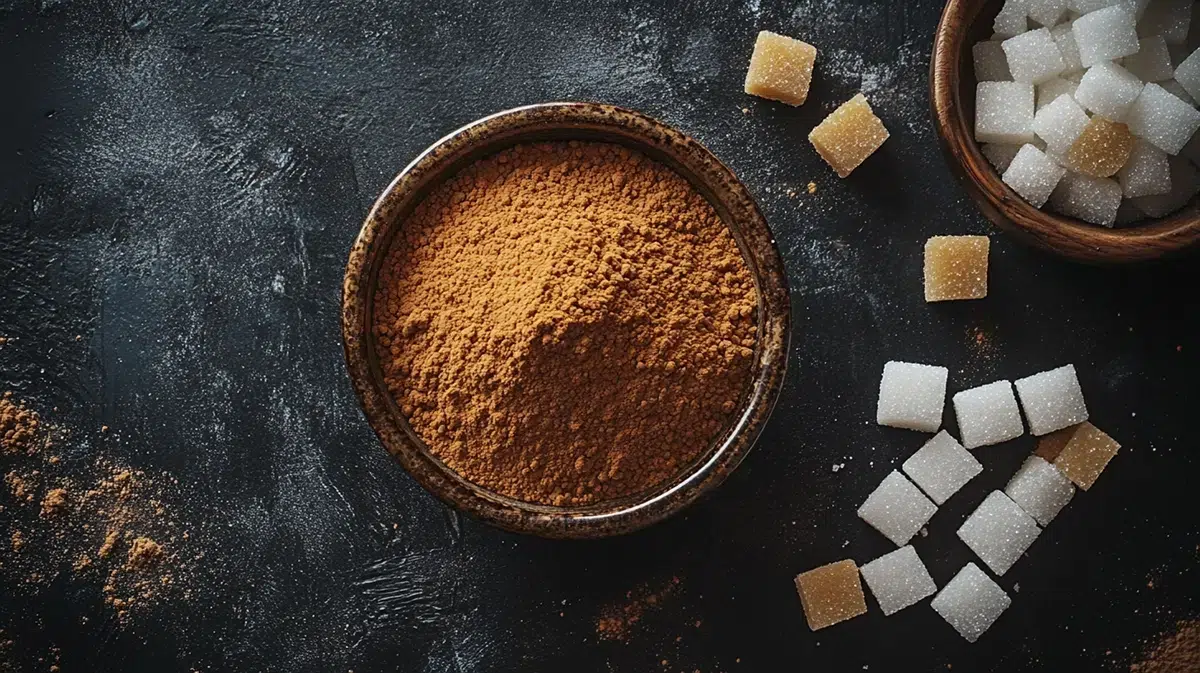Show summary Hide summary
What is the ideal calorie intake for breakfast?
How many calories should I eat for breakfast in the morning? How much should I eat in the morning compared with the other meals of the day? How do you calculate your calorie needs for breakfast, depending on your height, weight and whether you’re a man or a woman?

How many calories should I eat for breakfast? How many calories should breakfast be compared with the other meals of the day? How do you calculate your ideal calorie intake for breakfast, depending on your height, weight and whether you’re male or female?
Explore other tools by REGIVIA:
- Calories per day for weight loss
- Macronutrients calculator
- Healthy eating guide
- Calculate daily energy expenditure
Everything you need to know about your breakfast calorie intake

Is breakfast really the most important meal of the day?
Theimportance of breakfast is explained by the fact that, after fasting for around 8 to 9 hours, our bodies need fuel to get through the day and make it to lunch at 12:00. But what is the reality?
Skipping breakfast may result in lower energy levels throughout the day
For some people, not eating in the morning could lead to a drop in energy, deprivation and a postponement of meals until later in the day. Some will say “the body adapts, it doesn’t matter”, and in a way they could be right. Others think, on the contrary, that the bodyadapts to cope with a deficiency and is better able to defend itself in the future by storing energy. In reality, as you will have realised, breakfast is far from the consensus. To reassure those who eat breakfast in the morning, tell yourself that the centenarians of the Greek Islands or Okinawa eat breakfast, but to say that this factor alone is the only explanation for their longevity would be a shortcut we won’t take.
The truth about breakfast: Does it make you gain or lose weight?
If there’s one truth, it’s thatno two studies say the same thing on the subject, some saying that breakfast is essential and others going so far as to say that it’s bad for our health. The studies in question often make headline news in magazines, with highly debatable and uncritical interpretations. A meta-analysis (1) (analysis of 58 studies conducted in 30 countries) confirms the lack of rigour in these studies and the interpretations made of them. Finally, the team of researchers asserts that to date there is no proven link between not eating breakfast and obesity. A randomised study carried out in 2014 (2) confirms this hypothesis.
The benefits of eating breakfast: What we think about it
It would have been interesting toanalyse breakfast as a marker with multifactorial analyses (sleep, physical activity, intake of other meals, etc.). In fact, if breakfast eaters are less prone to certain diseases, it could simply be that for these people, eating breakfast is an important ritual that suggests a healthy lifestyle. We now know that this rhythm of meals, sleep and physical activity is a goldmine for our health.
What should you eat for breakfast?

What are the healthiest foods to eat for breakfast?
Breakfast foods, like breakfast itself, are not immune to controversy. Between the anti-milk campaigners, those who advocate eating fatty foods in the morning, and the advocates of a salty or sweet morning meal, who should we listen to?
What does a healthy breakfast look like?
The perfect breakfast is one that you will enjoy eating and that best suits your needs for the morning. As with all meals, it’s important to focus on basic foods with high added value and avoid processed products that are often too fatty, too sweet and low in essential nutrients.
The best healthy breakfast foods
- A hot or cold drink to keep hydrated (tea, coffee, milk, etc.)
- A portion of fruit, ideally whole (with fibre)
- A portion of cereal or bread (ideally wholemeal)
- Dairy products (as a drink, yoghurt, fromage frais or cheese)
There’s nothing to stop you adding other ingredients to your morning meal, which could be a savoury version with eggs and bacon (English version) or salmon (Swedish style). Don’t hesitate to include dried fruit such as almonds, which are rich in good fats.
Which foods should we moderate and which should we avoid?
- Very fatty and very sweet cereals (filled cereals also known as bomb cereals)
- Products with a high glycaemic index, which will give you a hangover at 11.00am
- Juices that aren’t juices at all (concentrate or other very sweet nectar)
- Croissants, pains au chocolat and other pastries should be kept to a minimum
Sources:
(1) A meta-analysis of 58 studies found no causal link between the absence of breakfast and obesity: ” Belief beyond the evidence: using the proposed effect of breakfast on obesity to show 2 practices that distort scientific evidence “
(2) A study of 309 participants concluded that breakfast had no effect on weight loss: ” The effectiveness of breakfast recommendations on weight loss: a randomized controlled trial “
Other meals












